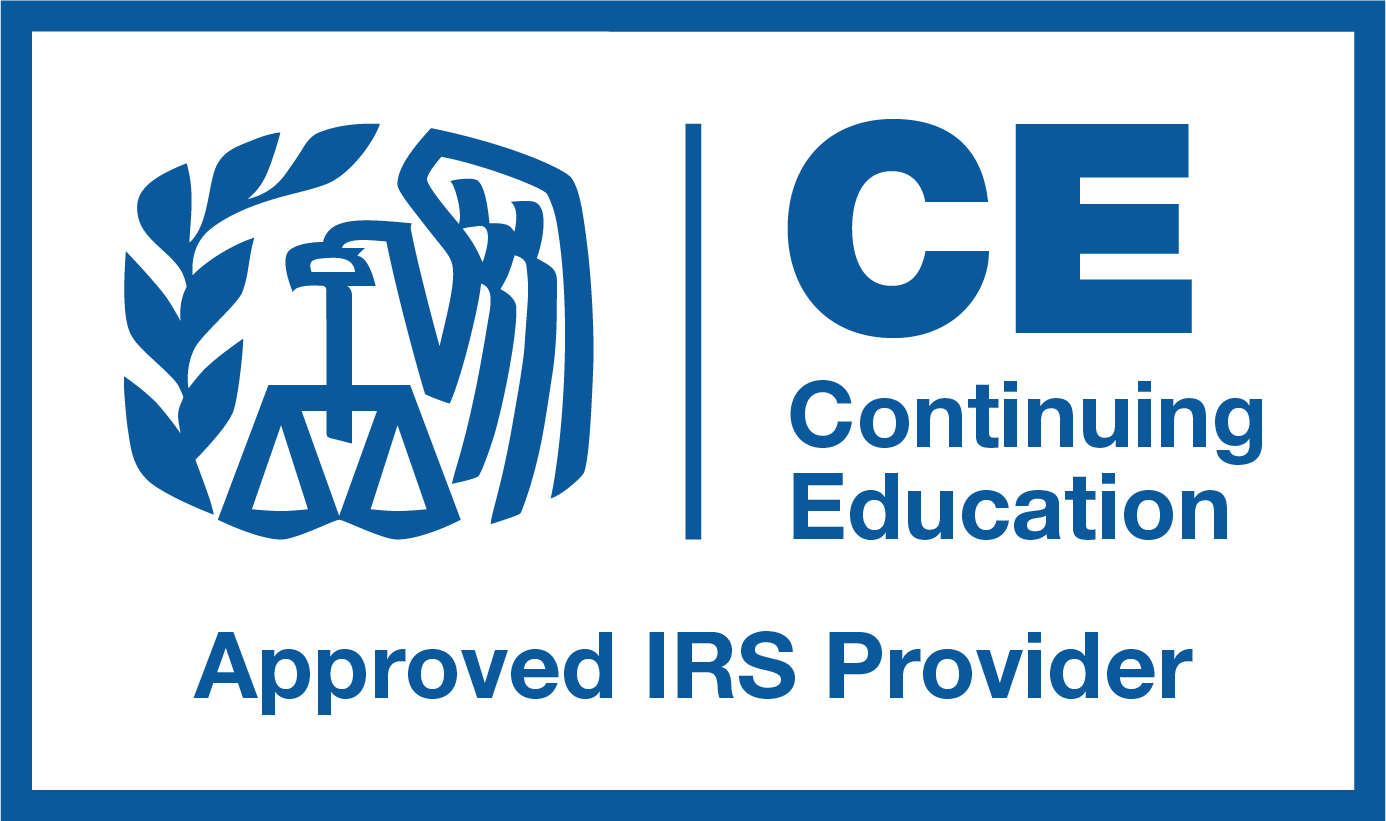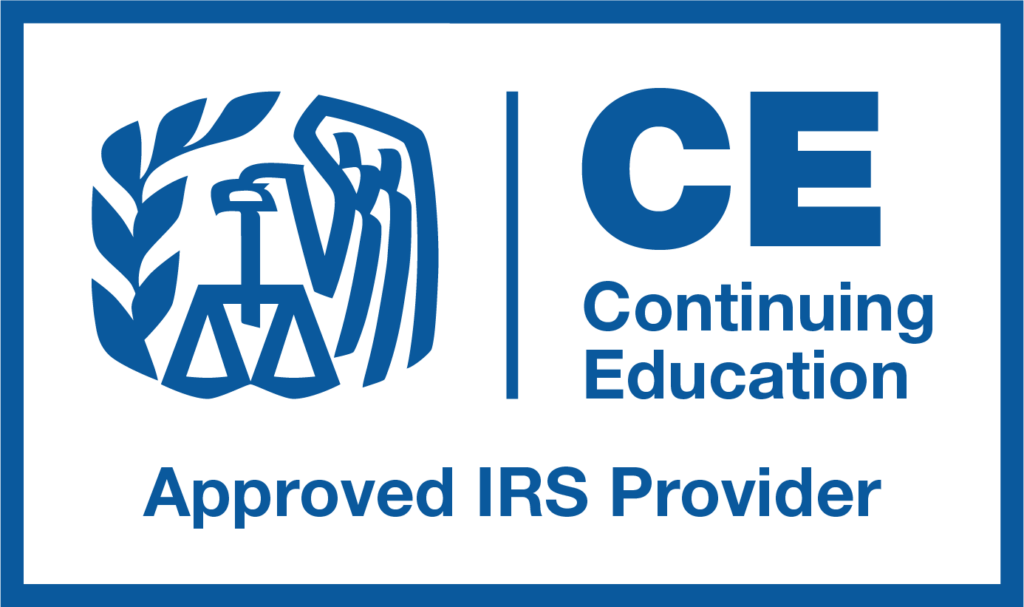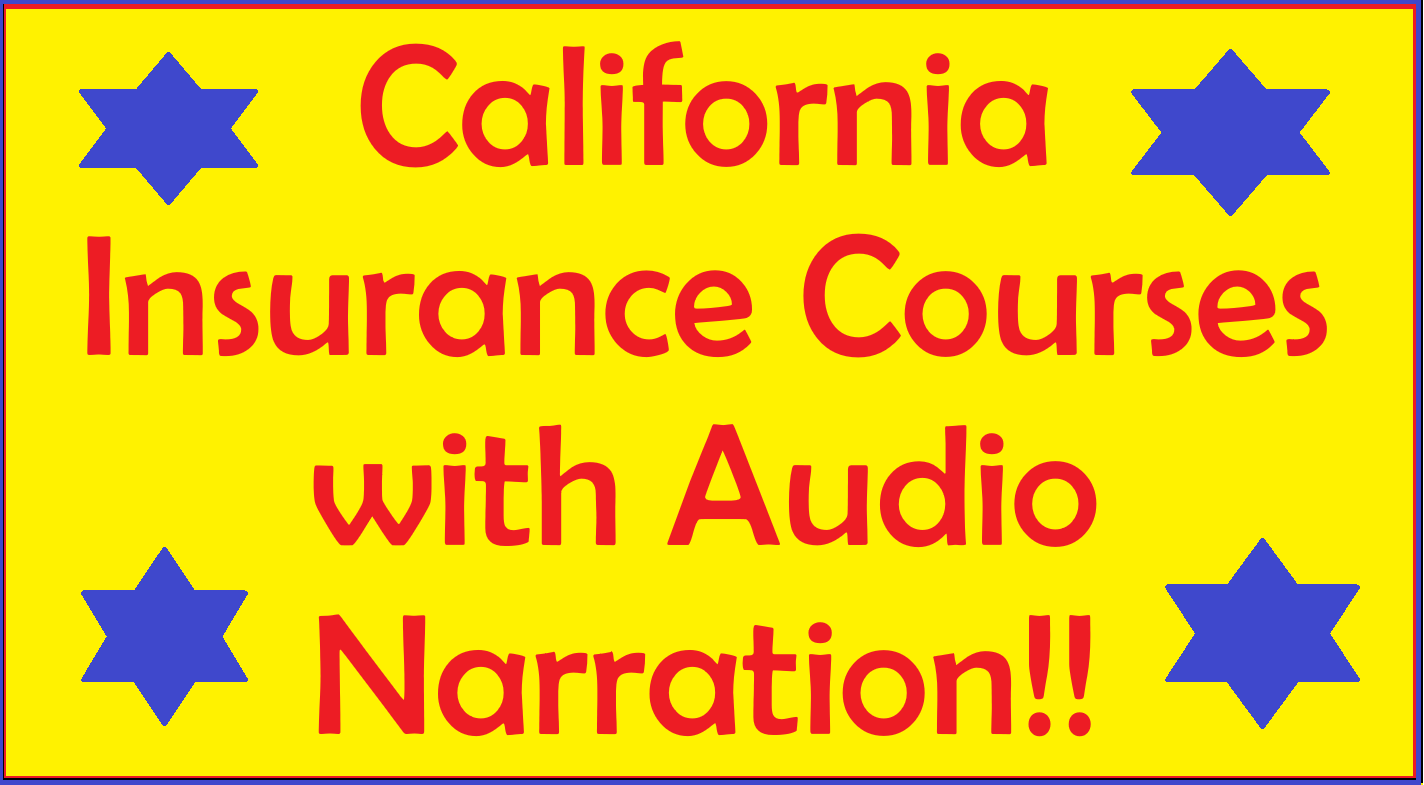The One Big Beautiful Bill Act
Current Status
Not Enrolled
Enroll in this course to get access
Price
$14.34
Get Started

Sweeping new legislation passed on July 4, 2025, titled “An Act to provide for reconciliation pursuant to title II of H. Con. Res. 14” and referred to as the One Big Beautiful Bill Act (OBBBA) became law. The One Big Beautiful Bill Act Tax Provisions course, offering 6 CPE credits, examines the tax provisions of the Act, beginning with those provisions that are immediately effective for 2025, followed by provisions that become effective in 2026 and beyond. The new law makes permanent many of the tax provisions of the Tax Cuts and Jobs Act (TCJA) and makes changes to existing tax law, some permanent and others temporary.
A brief explanation of existing tax law prior to OBBBA’s passage is provided, and appropriate context is added to facilitate understanding of the pre-enactment environment and the impact of the legislative changes. The course will discuss both the individual and business tax provisions and is organized along effective-date lines and whether the principal effect will be experienced by individual or business taxpayers. Accordingly, the course is segmented as follows:
| Chapter 1 | Individual taxpayers effective in 2025 |
| Chapter 2 | Business taxpayers effective in 2025 |
| Chapter 3 | Business taxpayers energy-related effective in 2025 |
| Chapter 4 | Individual taxpayers effective in 2026 & later |
| Chapter 5 | Business taxpayers effective in 2026 & later |
No advance preparation needed
Program Level – Basic
Program prerequisites – None
Delivery method – QAS self-study
Recommended CPE credits – 6
Recommended field of study – Taxes
Course Learning Objectives
After completing this course, students should be able to:
- Recognize the new standard deduction amounts;
- Describe the new senior, overtime and tip deductions;
- Explain the enhancements made to the –
- Child Tax Credit,
- Adoption Tax Credit,
- Child and Dependent Care Tax Credit,
- Paid Family and Medical Leave Tax Credit, and
- Low-Income Housing Tax Credit;
- Apply the changes made to third-party network transaction reporting;
- Explain the changes made to the business interest deduction limitation;
- Identify the various energy-related tax credits that have been terminated or modified;
- Apply the new casualty loss deduction limitations;
- Describe the Achieving a Better Life Experience (ABLE) account modifications; and
- Recognize the permanent enhancement of low-income housing tax credit.
Copyright 2025 by Winn Publications ALL RIGHTS RESERVED. NO PART OF THIS COURSE MAY BE REPRODUCED IN ANY FORM OR BY ANY MEANS WITHOUT THE WRITTEN PERMISSION OF THE COPYRIGHT HOLDER. All materials relating to this course are copyrighted by Winn Publications. Purchase of a course includes a license for one person to use the course materials. Absent specific written permission from the copyright holder, it is not permissible to distribute files containing course materials or printed versions of course materials to individuals who have not purchased the course. It is also not permissible to make the course materials available to others over a computer network, Intranet, Internet, or any other storage, transmittal, or retrieval system. This document is designed to provide general information and is not a substitute for professional advice in specific situations. It is not intended to be, and should not be construed as, legal or accounting advice which should be provided only by professional advisers. No advance preparation needed Program Level - Basic Program prerequisites - None Delivery method - QAS self-study Recommended CPE credits - 6 Recommended field of study - Taxes
Course Content
Exams
Final Exam – The One Big Beautiful Bill Act
You don't currently have access to this content





